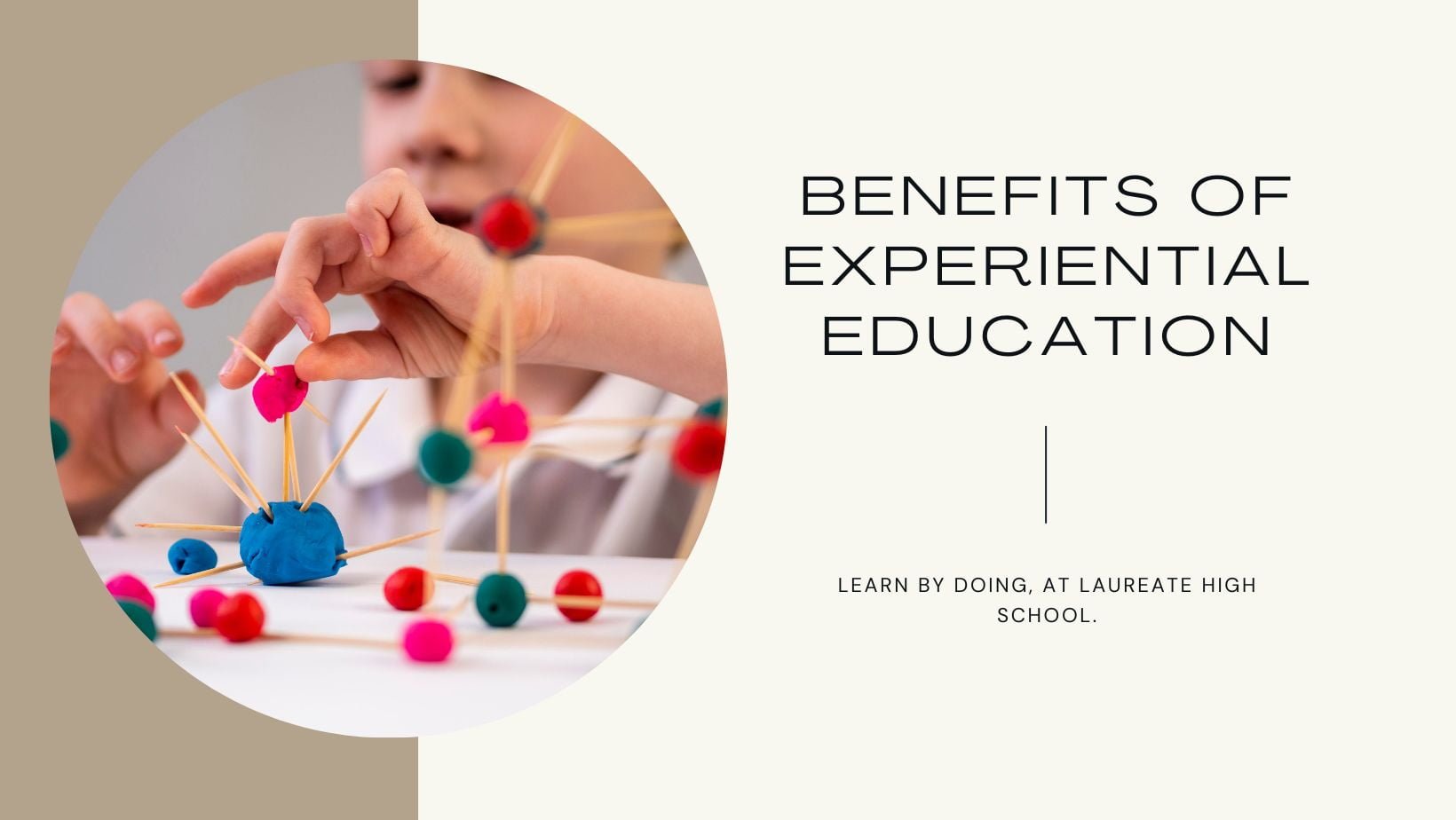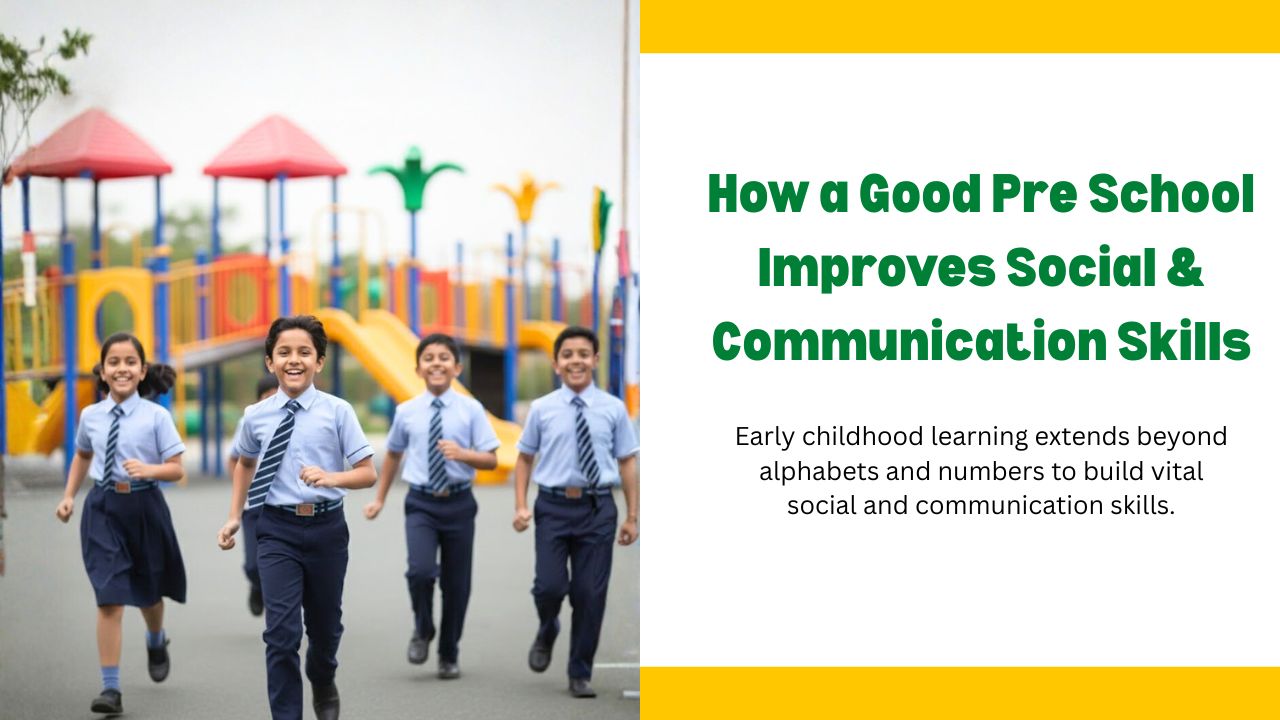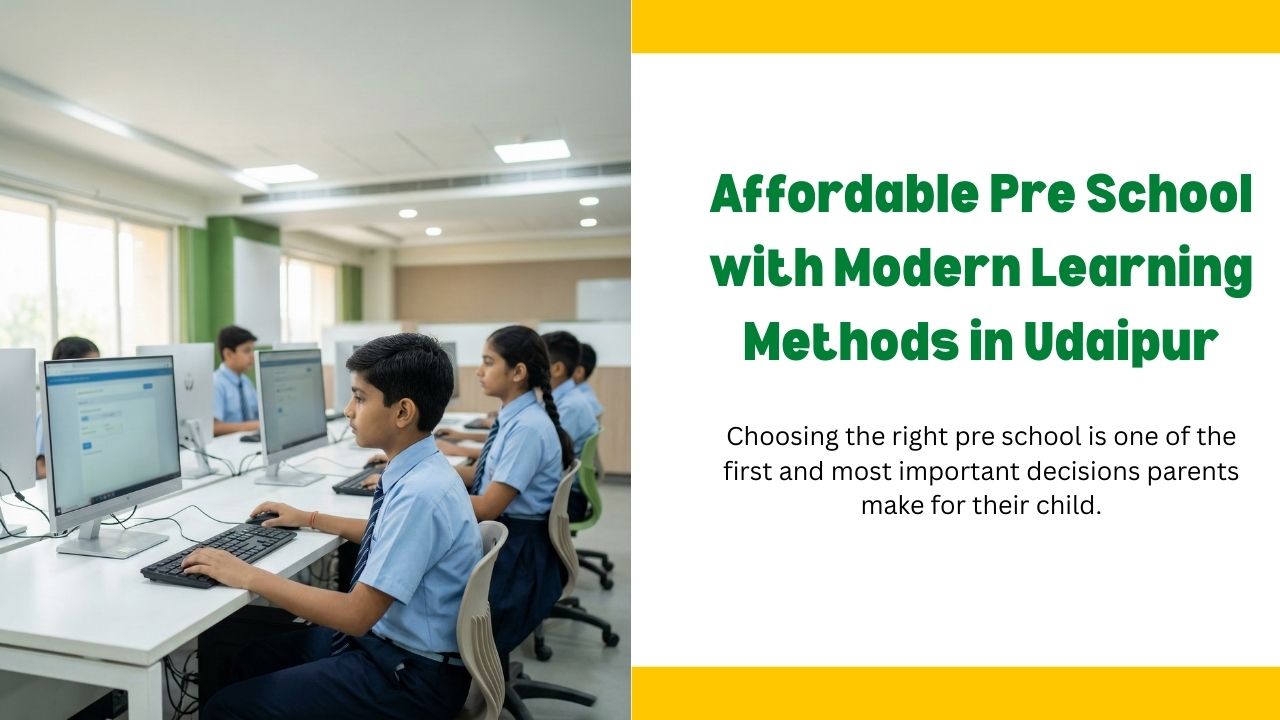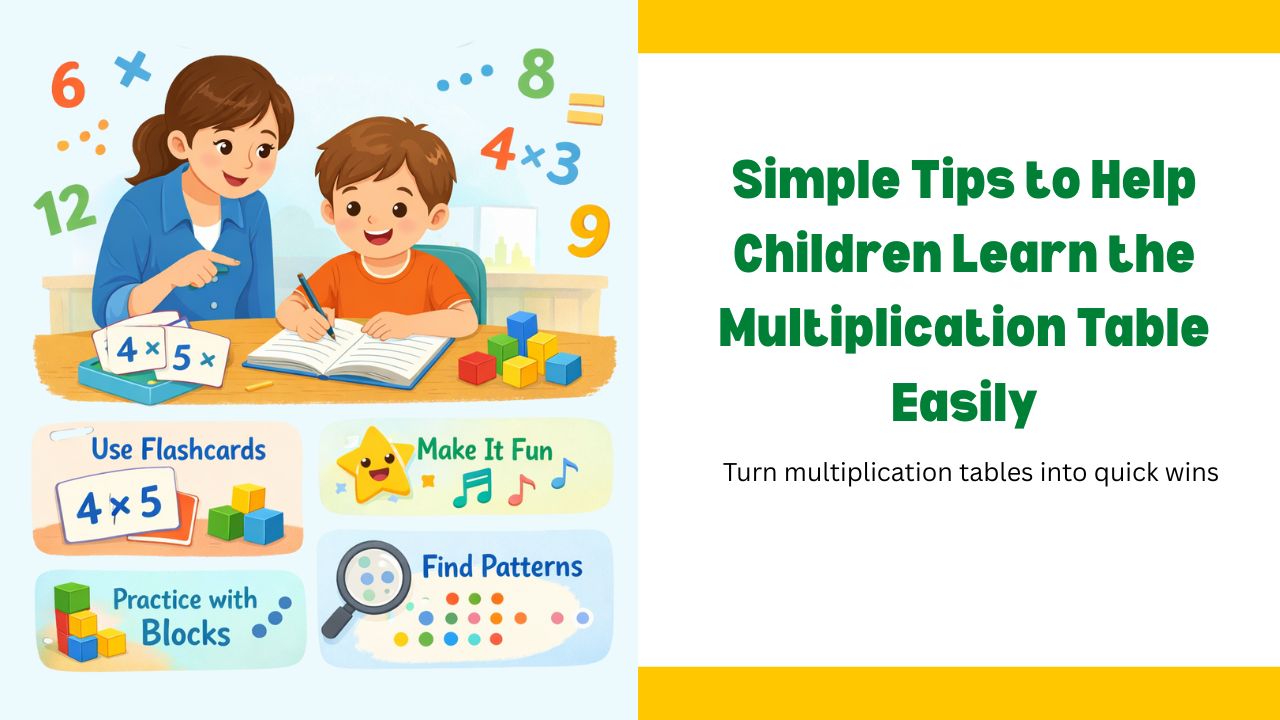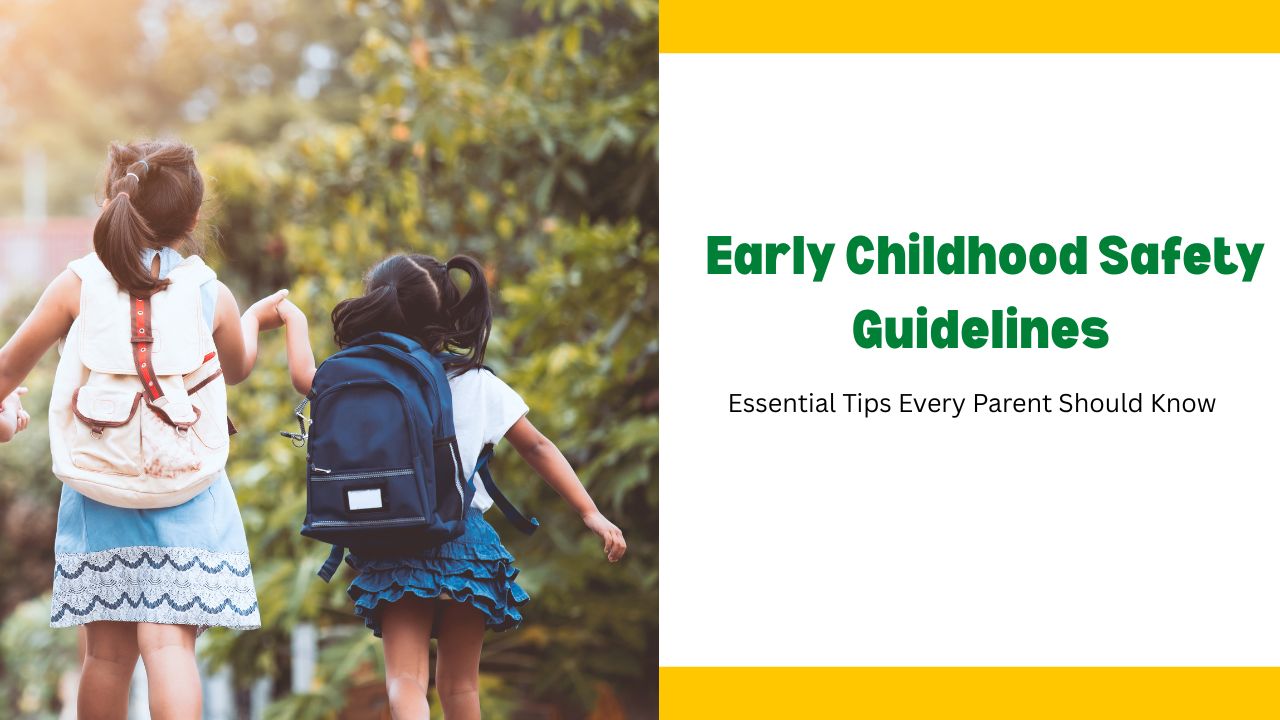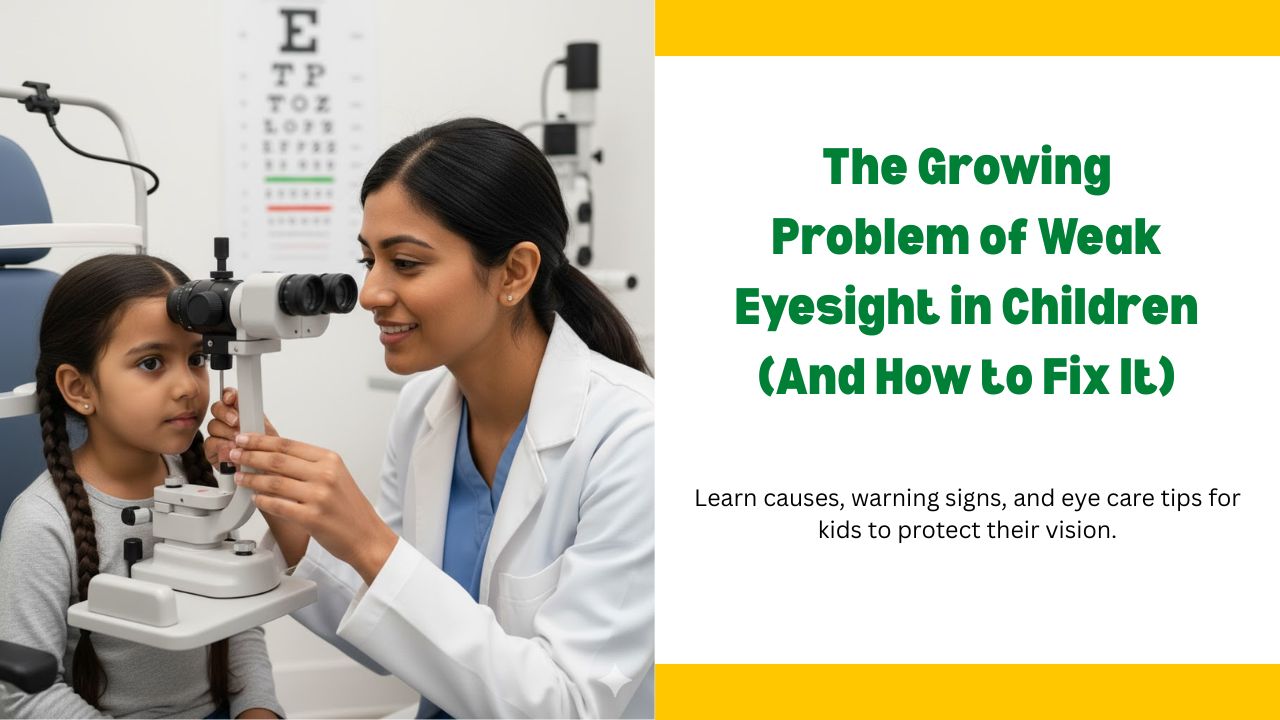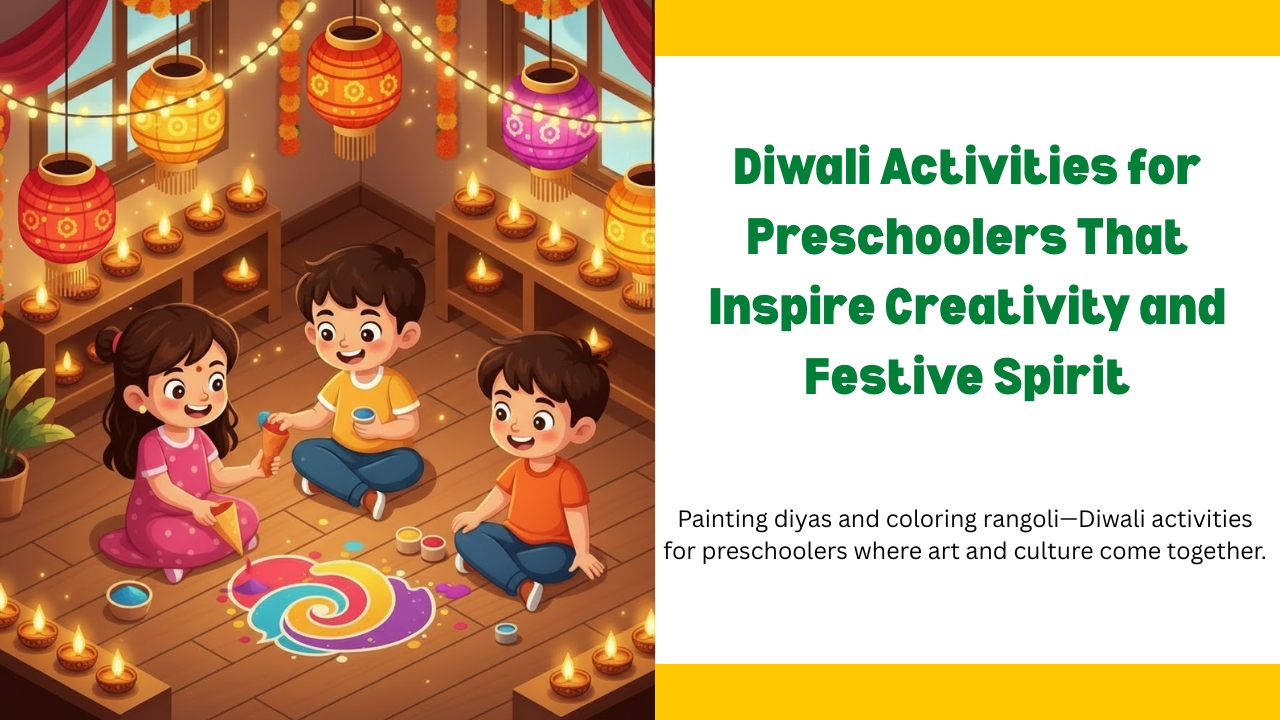Real-World Application: The Impact of Experiential Education
A crucial aspect of our life is education. It gives us the information, abilities, and chances we need to advance and be successful. The limitations of traditional classroom-based education, however, limit how much learning can be accomplished. To overcome these limitations, one method is to use experiential education. Experiential education exposes students to a more active and interesting learning environment outside of the traditional classroom through practical and hands-on learning opportunities. The advantages of studying outside the classroom through experiential education will be discussed in this blog post.
What is Experiential Education?
An educational strategy known as experiential education places a strong emphasis on students’ active participation in real-world experiences. Simulations, field trips, internships, service learning, and outdoor education are all activities that students who take part in this educational model engage in. The core of learning is exploration, experimentation, and discovery, which experiential education supports.
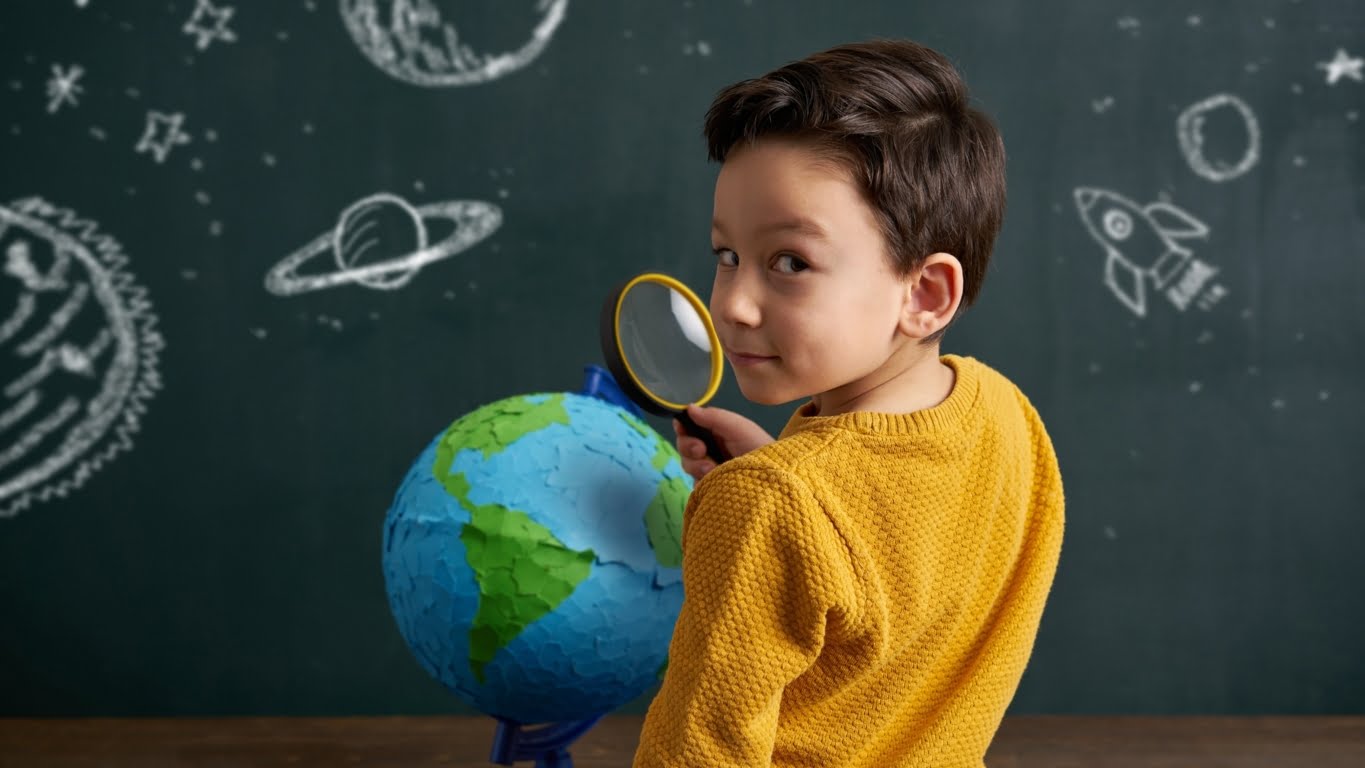
Benefits of Experiential Education
Practical & Relevant Learning Experiences:
The first advantage of experiential learning is that it gives students real-world, applicable learning opportunities. Students can apply the theoretical knowledge they have learned in the classroom to real-world problems because experiential learning takes place in a real-world setting. Students can do experiments in a greenhouse and watch the process of photosynthesis in action, for instance, rather than just reading about it. The student’s knowledge of difficult ideas is improved by this practical experience, which also reinforces what they learn in class.
Promotes Critical Thinking & Problem Solving Skills:
Experiential learning also fosters critical thinking and problem-solving abilities, which is a benefit. In conventional classes, pre-defined issues are frequently provided to the students, and they are expected to find solutions within the constraints. Nevertheless, through experiential learning, students deal with actual problems from the outside world and must come up with creative solutions. For instance, as part of a service-learning project, students would be required to come up with a long-term solution to the problem of reducing plastic trash in the community. Such learning opportunities help students cultivate the critical thinking and problem-solving abilities that are necessary for success in their future employment.
Fosters Collaboration & Teamwork:
Collaboration and teamwork are also fostered by experiential learning. Students collaborate in groups to complete assignments or projects in various experiential learning activities. Effective communication, active listening, and respect for others’ perspectives are all necessary components of collaboration and are essential life skills. Students gain an understanding of diversity, establish trust, and hone leadership qualities through working in groups.
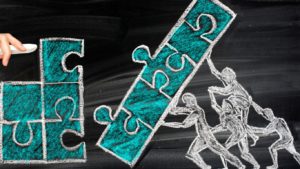
Promotes Personal & Social Development:-
Moreover, experiential learning fosters social and personal growth. It offers chances for pupils to grow in their self-awareness, empathy, and sense of civic duty. Students can explore their interests, values, and aspirations through service-learning projects or internships, which enables them to make educated judgments about their future jobs. By exposing students to various cultures, traditions, and viewpoints, experiential education also fosters social development and aids in their formation of a more comprehensive understanding of the world.
Enhances Student Engagement & Motivation:-
Experiential learning also increases student motivation and engagement. For some students, traditional classroom instruction can be boring and uninspiring, which can cause disengagement and a lack of enthusiasm. Students that receive experiential education have more dynamic and interesting learning experiences, which increases their motivation to study. Students are more likely to remember information and adopt a good attitude toward learning when they are actively participating in their education.
Preparing Students For The Real World:-
Finally, experiential learning gets pupils ready for life in the real world. Employers place a great value on the knowledge and experiences acquired via experiential education, and they are crucial for success in a variety of job domains. Students who participate in experiential learning acquire the abilities—such as critical thinking, problem-solving, cooperation, and communication—necessary to excel in the workplace of the twenty-first century.
ALSO READ – 9 Importance of Art & Craft for Child Development
A potent strategy for boosting learning outside the classroom is experiential education. It gives students real-world learning experiences that are relevant to their lives and encourages critical thinking, teamwork, personal growth, and motivation. In preparing kids for the real world, experiential education gives them the tools they need to excel in their future vocations. By delivering hands-on experiences, experiential education bridges the gap between theoretical knowledge and practical abilities, giving students a more comprehensive understanding of their chosen area. Students who receive this kind of education are also better able to empathize with others in their community and acquire a sense of civic duty, making them more responsible members of society.
In conclusion, experiential education provided by Laureate High School empowers students with real-world, applicable learning experiences. By fostering critical thinking, collaboration, personal growth, and motivation, this approach prepares students for success in the dynamic and diverse challenges of the twenty-first-century workplace.
Follow us on Facebook @laureatehighschool
Follow us on Instagram:-@laureatehighschool

